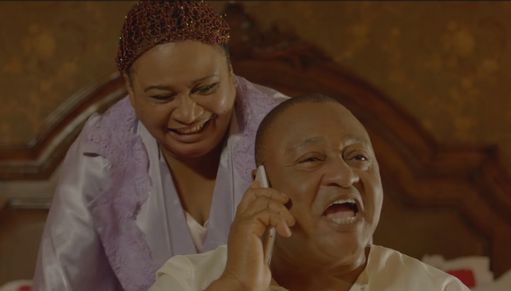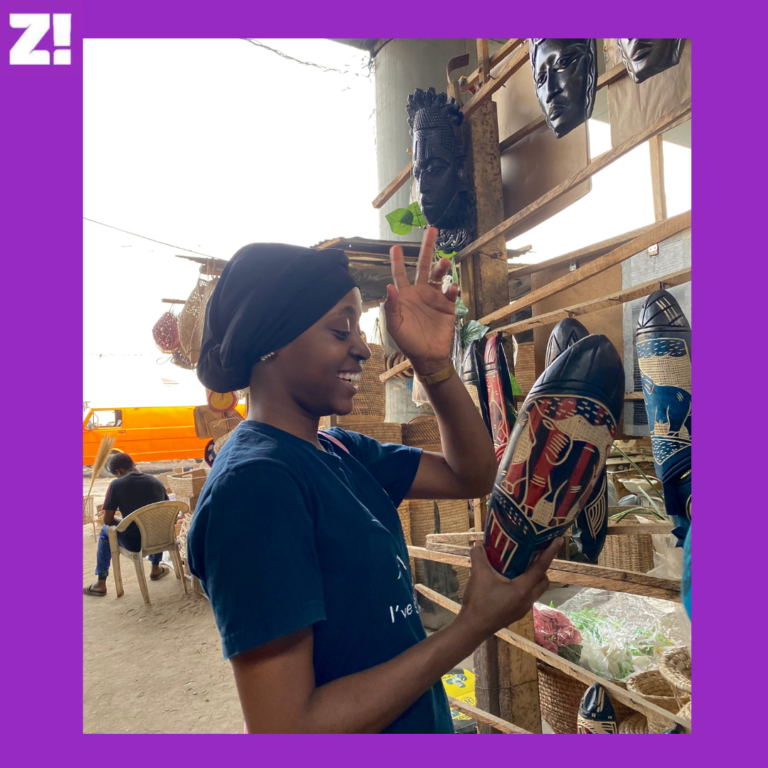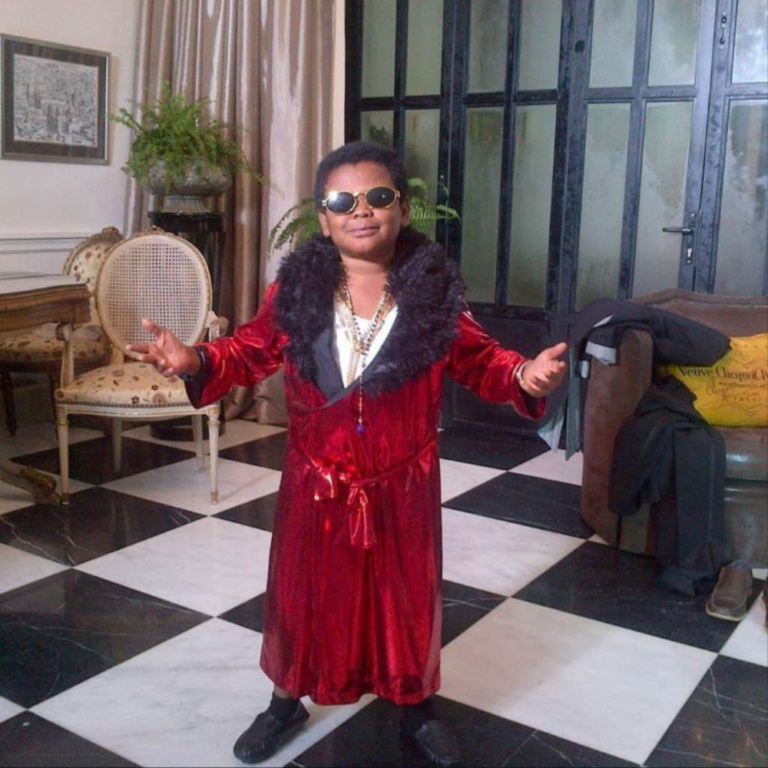After consuming an unhealthy amount of content from the Korean entertainment industry (Hallyuwood) and binge-watching Reply 1988, I have concluded that Korean parents are just Nigerian parents wey dey disguise. With the following points, I hope I will be able to convince and not confuse you.
1. Amebo is their part-time job
In a battle for the amebo championship cup, Nigerian and Korean parents will probably end up in a draw. Everyone and their daddies will always be in your business whether you like it or not. If you disgrace your family on social media, one aunty Bisi will surely make sure it gets to your mum, and so will the Ahjumma that lives on your block in Korea. As a GenZ though, I should add that if people are reporting you and your parents are complaining, you are doing something right.

2. They will try to set you up
When it comes to setting up their kids, I don’t even know who is worse between Korean and Nigerian parents. One thing is sure: neither of them will give you any warning and they have no regard for whatever plans you have for your life. But while Korean parents set their kids up with families richer than theirs. Nigerian mothers will want you to marry a woman from the village. This life no balance sha.

3. They will break your head if you fail your exams
When it comes to schoolwork, they don’t play. They will go to any length to provide the best education for you. From borrowing to taking on more jobs than they can handle, they’d really do anything for their kids. Imagine failing after all that? They will raise hell and push you either to do better or to end up with crippling anxiety. Kids raised by these two sets of parents sha deserve the world because their parents expect too much from them and it can be a lot of pressure.
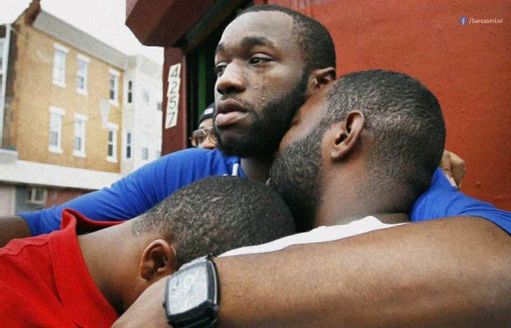
4. They are big on respect
As a Nigerian kid, if you were not shocked to find out that your parents actually had names besides “Mummy” and “Daddy”, return your passport. In K-dramas, they always call their parents Appa and Eomma, and just like Nigerian parents, they always make such a big deal about respect. Talk back to these parents and be ready for a slap that will reset your brain.

5. None of them know how to apologise
Korean and Nigerian parents will rather chew glass and wet jeans than apologise to you when they do something wrong. If they apologise, run away, it’s a set-up. They apologise to you by buying something you like or giving you fewer chores.

6. They will always compare you to others
The only difference is that while Nigerian parents do it at home, Korean parents will do this in public. Nigerian parents are always serious about it, but Korean parents use a tone that makes it sound like they’re joking. Either way, these two sets of parents would get along well if they were ever stuck together.
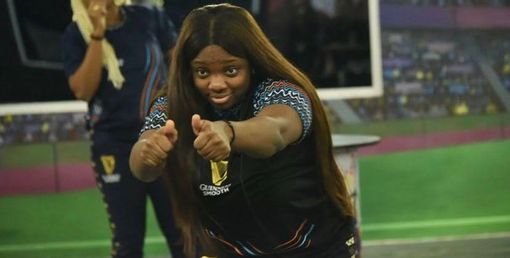
7. They always pamper their male children
They give them fewer chores, get them anything they want and baby them, and will have the audacity to act brand new when they grow up to be irresponsible and unreliable. It’s why a central plot of K-dramas is about a wayward chaebol that is a disappointment, his illegitimate brother that wants to inherit the company by any means, a dad that is never there and a doting mom. Sounds like most Nollywood Movies to me.
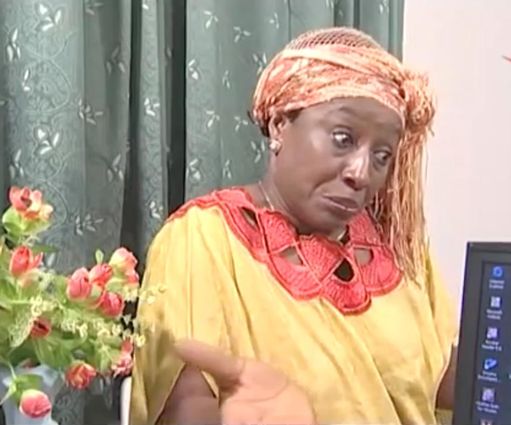
8. They threaten to take you to the village if you fail in school
Are you even a child raised by these two parents if they don’t threaten to take you to the village because you failed your exams? Nigerian parents will go on to threaten to make you sell agege bread, which is pretty much everyone’s villain origin story tbh.

9. They are always loudly proud of their kids
No one is more excited to see their kids excel like these two parents. They will act tough when you try to study a course that isn’t law or medicine. But as soon as you make a lot of money or you end up in a magazine, no one will hear word. The moms will boast everywhere — church, at burials, at work — they don’t even send. They are the cutest for real, just that their heads do usually knock sometimes.
